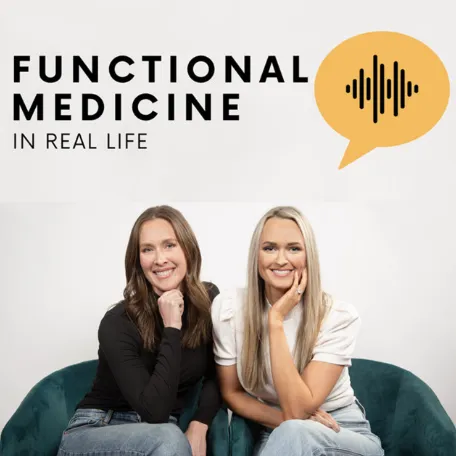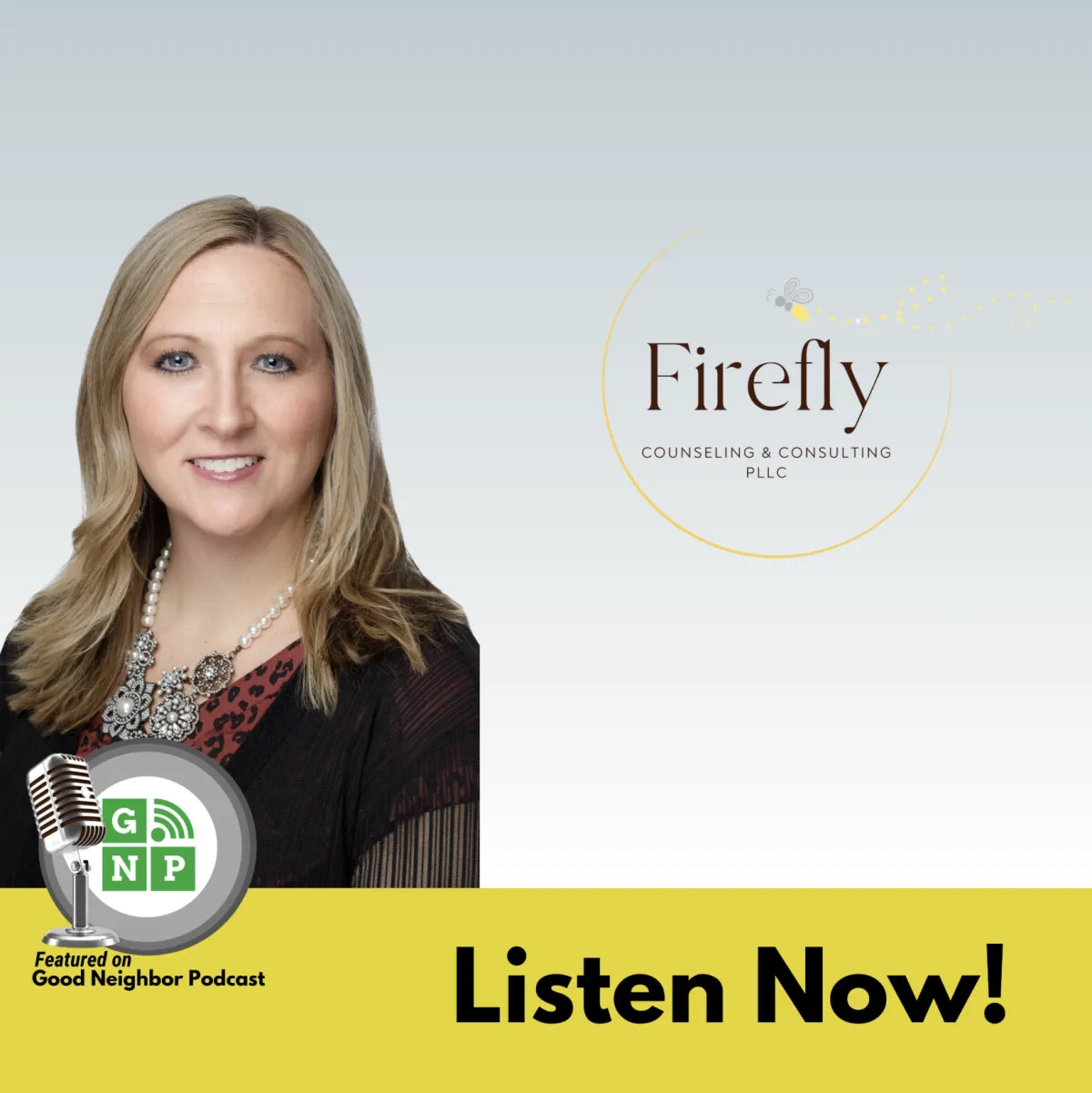Blog & Resources
Blog & Resources

The Connection Between Physical Activity and Emotional Well-being
The Link Between Physical Activity and Emotional Well-being
In a world where mental health is becoming increasingly important, understanding the connection between physical activity and emotional well-being is essential.
Physical activity is not just beneficial for physical health; it also has a profound impact on mental health, helping to alleviate symptoms of anxiety, depression, and stress. This blog explores how incorporating regular physical activity into your routine can enhance your emotional well-being and improve overall quality of life.

The Science Behind Physical Activity and Mental Health
Research has shown that engaging in regular physical activity can significantly boost mood and mental health. Physical activity stimulates the production of endorphins, often referred to as "feel-good" hormones. These hormones help reduce feelings of pain and trigger positive feelings in the body. Moreover, physical activity increases the levels of neurotransmitters such as serotonin and norepinephrine, which are known to alleviate symptoms of depression.
Benefits of Physical Activity for Emotional Well-being
Improved Mood: Regular physical activity can lead to significant improvements in mood, reducing feelings of anxiety and depression. Even a short walk can help clear your mind and enhance your mood.
Reduced Stress: Exercise acts as a natural stress reliever. It helps lower the body's stress hormones, such as cortisol, and increases endorphins, creating a natural sense of well-being.
Better Sleep: Regular physical activity can help regulate sleep patterns, leading to better quality sleep. Improved sleep, in turn, enhances emotional stability and reduces stress levels.
Increased Energy Levels: Engaging in physical activity can boost your energy levels, making you feel more alert and focused throughout the day.
Enhanced Self-Esteem: Achieving fitness goals and maintaining a regular exercise routine can enhance self-esteem and self-confidence.
Practical Tips to Incorporate Physical Activity into Your Routine
Start Small: Begin with short, manageable activities like walking, jogging, or yoga. Gradually increase the duration and intensity of your workouts.
Set Realistic Goals: Set achievable fitness goals to keep yourself motivated and track your progress.
Find Activities You Enjoy: Choose physical activities that you enjoy, whether it's dancing, swimming, hiking, or playing a sport. This will make it easier to stick to your routine.
Make it Social: Exercise with friends or join a fitness class to make physical activity a fun and social experience.
Consistency is Key: Aim to incorporate physical activity into your daily routine, even if it's just for a few minutes. Consistency is more important than intensity.
Ready to Enhance Your Emotional Well-being? Connect with Us
Integrating physical activity into your daily routine can significantly improve your emotional well-being. Our team is here to support you in your journey towards better mental health. Schedule a consultation today to learn more about how physical activity can benefit you.
We Want to Hear from You
Have you experienced the mental health benefits of physical activity? Share your stories with us! Let's create a community of support and transformation.
Podcast Series
All about EMDR: A deep dive into a groundbreaking modality for mental wellness
In the latest episode of 'Functional Medicine in Real Life,' Allison had the wonderful opportunity to share insights about a therapy close to heart—Eye Movement Desensitization and Reprocessing, or EMDR.
This technique has been a cornerstone in helping individuals navigate through the emotional turmoil of traumas and challenging life events. Joining the conversation, Allison delves into the essence of EMDR therapy, its potential to foster healing, and whom it can benefit, touching on the common roots of anxiety and how EMDR addresses them.
If you've ever been curious about EMDR or the impact of counseling on personal growth, this episode offers a personal glimpse into the process and its profound benefits.
I invite you to listen as we explore the transformative power of EMDR and how it can pave the way toward emotional healing.

Watch our latest podcast episode below:
In this Good Neighbor Podcast episode, Allison Cornell—founder of Firefly Counseling & Consulting—shares how her team is bringing light to dark places through trauma-informed care, EMDR, and holistic therapy. From her roots in education to launching a thriving group practice, Allison discusses breaking therapy myths, supporting first responders and families, and helping clients heal with compassion and purpose.
Podcast Series
All about EMDR: A deep dive into a groundbreaking modality for mental wellness

In the latest episode of 'Functional Medicine in Real Life,' Allison had the wonderful opportunity to share insights about a therapy close to heart—Eye Movement Desensitization and Reprocessing, or EMDR.
This technique has been a cornerstone in helping individuals navigate through the emotional turmoil of traumas and challenging life events. Joining the conversation, Allison delves into the essence of EMDR therapy, its potential to foster healing, and whom it can benefit, touching on the common roots of anxiety and how EMDR addresses them.
If you've ever been curious about EMDR or the impact of counseling on personal growth, this episode offers a personal glimpse into the process and its profound benefits.
I invite you to listen as we explore the transformative power of EMDR and how it can pave the way toward emotional healing.
Watch our latest podcast episode below:
In this Good Neighbor Podcast episode, Allison Cornell—founder of Firefly Counseling & Consulting—shares how her team is bringing light to dark places through trauma-informed care, EMDR, and holistic therapy. From her roots in education to launching a thriving group practice, Allison discusses breaking therapy myths, supporting first responders and families, and helping clients heal with compassion and purpose.
Contact Information
Email: allison@fireflycandc.com
Phone Number: 254.230.4994
Assistance Hours
Mon – Sat 9:00am – 8:00pm
Sunday – CLOSED
Flower Mound Address:
3535 Firewheel Dr.
Flower Mound, TX 75028-2628
Waco Address:
7100 Old McGregor Rd.
Woodway, TX 76712
Contact Information
Email: allison@fireflycandc.com
Phone Number: 254.230.4994
Assistance Hours:
Mon – Sat 9:00am – 8:00pm
Sunday – CLOSED
Flower Mound Address:
3535 Firewheel Dr.
Flower Mound, TX 75028-2628
Waco Address:
7100 Old McGregor Rd
Woodway, TX 76712






